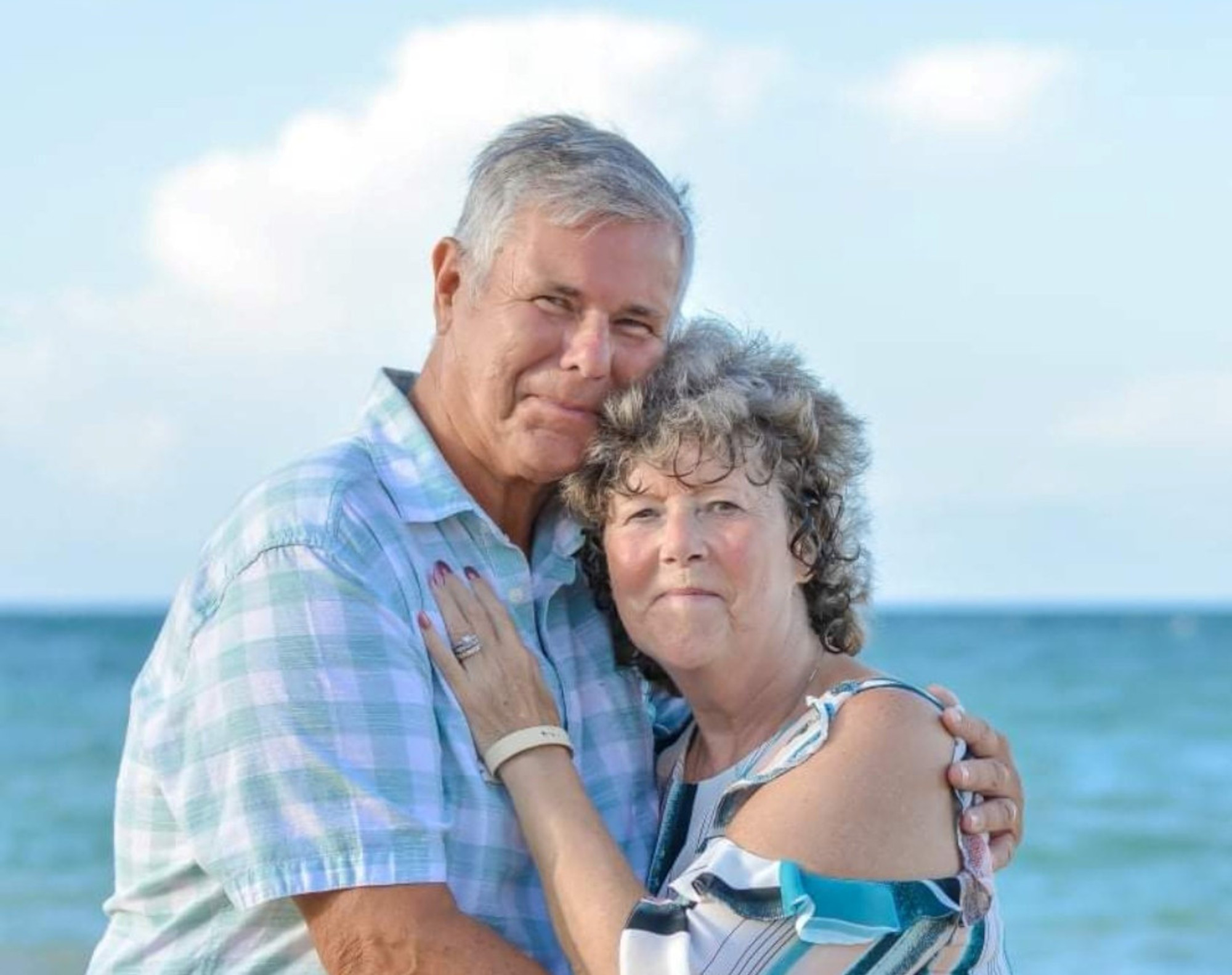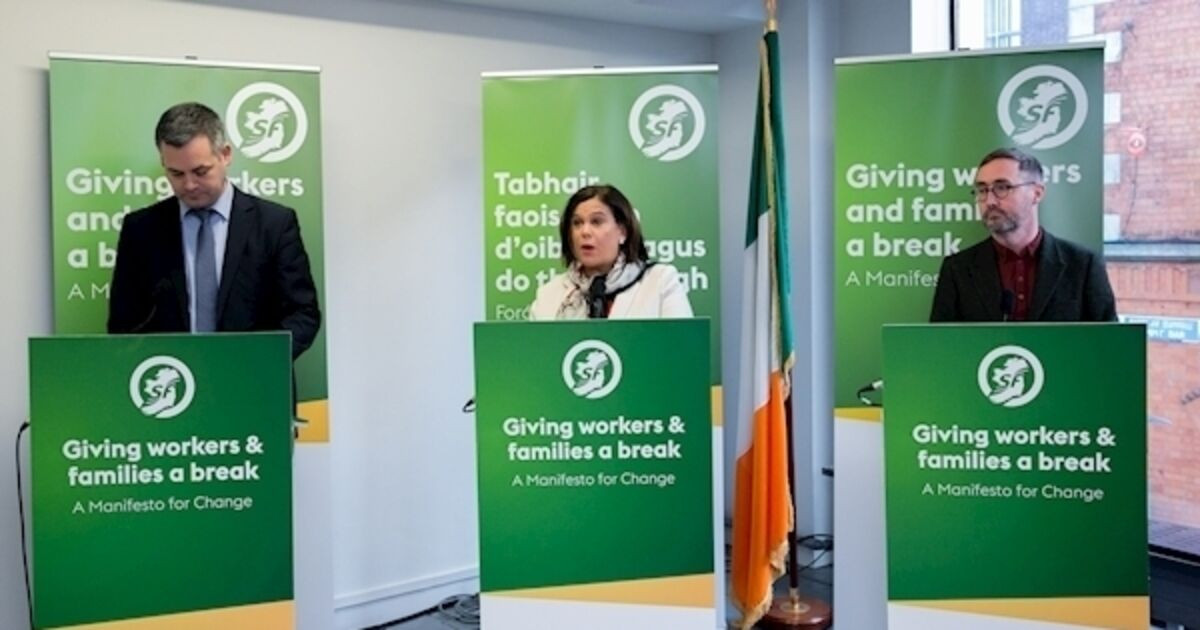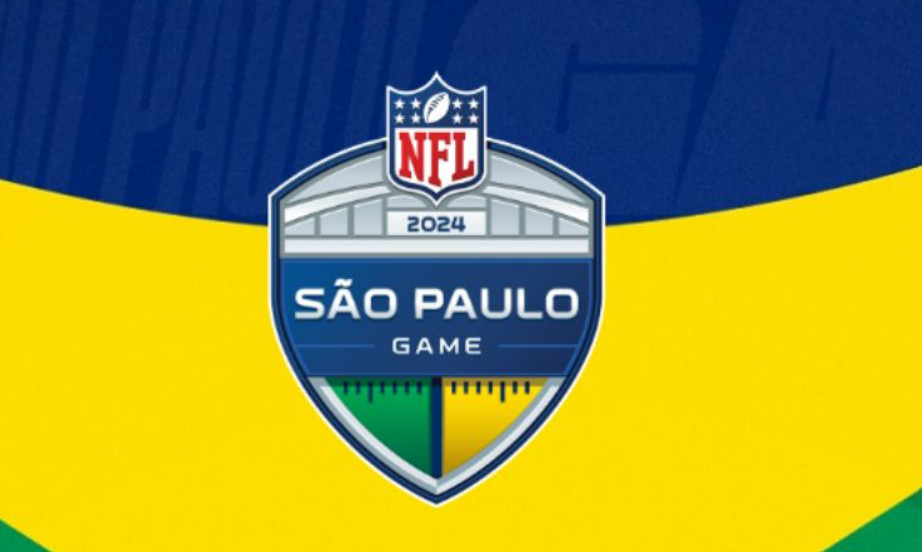Disney has withdrawn its claim that a man could not sue it over the death of his wife because of terms he signed up to in a free trial of Disney+. Jeffrey Piccolo filed a wrongful death lawsuit against Disney and the owners of a restaurant after his wife died in 2023 from a severe allergic reaction following a meal at Disney World, in Florida. Disney had argued the case should instead go to arbitration because of a clause in the terms and conditions of its Disney+ streaming service, which Mr Piccolo had briefly signed up for in 2019.
Disney has now agreed that the lawsuit should be decided in court, following backlash for initially arguing the case belonged in arbitration because the grieving widower had once signed up for a Disney Plus trial. The lawsuit was filed in February by Jeffrey Piccolo, the husband of a 42-year-old woman who died last year due to an allergic reaction that occurred after eating at a restaurant in the Disney Springs shopping complex in Orlando. The case gained widespread media attention after Piccolo’s legal team challenged Disney’s motion to dismiss the case, arguing that a forced arbitration agreement Piccolo signed was effectively invisible.
But, following a backlash, it has decided the matter can now be heard in court. “We believe this situation warrants a sensitive approach to expedite a resolution for the family who have experienced such a painful loss,” Disney’s Josh D’Amaro told the BBC in a statement. “As such, we’ve decided to waive our right to arbitration and have the matter proceed in court.”
The company’s lawyers argued the widower had agreed to Disney’s terms of use – which state that users agree to settle any disputes with the company out of court via arbitration – when he signed up for a one-month free trial of Disney+ in 2019, and again in 2023, when he purchased the Disney theme park tickets using his Disney+ account. In court documents, attorneys for Disney argued that the terms of use included an arbitration clause that applied to “all disputes” including those involving “The Walt Disney Company or its affiliates” and that Walt Disney Parks and Resorts was an affiliate of the Walt Disney Company.
Lawyers for Mr Piccolo said: “Attempts by corporations like Disney to avoid jury trials should be looked at with skepticism”, adding that Mr Piccolo will “continue to pursue justice on behalf of his beloved wife at the trial court level”. “He also hopes these recent events have raised awareness of the millions of people of all ages and walks of life who suffer with food allergies”, his lawyers said.
Piccolo’s lawyers had called Disney’s argument for dismissal “surreal” in court documents, and personal injury and wrongful death lawyers had described Disney’s arguments as a legal stretch.
In arbitration, a dispute is overseen by a neutral third party. It benefits those wanting to avoid a lengthy trial, but means evidence would not be put in front of a jury. Jamie Cartwright, partner at the law firm Charles Russell Speechlys, suggested Disney’s change of heart was motivated by the “adverse publicity” its initial approach had generated. “In attempting to push the claim into a confidential setting on what were very tenuous grounds, it succeeded only in creating the very publicity and attention it likely wanted to avoid,” he told the BBC.
Mr Piccolo and his wife, Dr Kanokporn Tangsuan, ate a meal at Raglan Road, an Ireland-themed pub located at the Disney Springs site, in Orlando, but operated by an independent company. He alleges that the restaurant did not take enough care over his wife’s severe allergies to dairy and nuts, despite being repeatedly told about them. She died in hospital later that day. According to the legal filing, her death was confirmed by a medical examiner “as a result of anaphylaxis due to elevated levels of dairy and nut in her system.”
Mr Piccolo is suing Disney for a sum in excess of $50,000 (£38,400), in addition to other damages relating to suffering, loss of income, and medical and legal costs. Disney has argued it had no control over the management and operation of the restaurant.
The litigation remains ongoing and a hearing is scheduled for 2 October.
Disney’s Attempt to Use Arbitration Agreement Against Piccolo Was Novel and Potentially Far-Reaching
It is not known whether Disney would have been successful had a judge ruled on its arbitration claim. Disney had argued that the legal circumstances surrounding the case were unique. But legal experts told the BBC they had been “pushing the envelope of contract law”. “Disney’s argument that accepting their terms and conditions for one product covers all interactions with that company is novel and potentially far-reaching,” Ernest Aduwa, partner at Stokoe Partnership Solicitors, who are not involved in the proceedings, said.
Disney’s Argument for Arbitration Was “Weak”
Meanwhile, Jibreel Tramboo, barrister at Church Court Chambers, said the terms in the Disney+ trial were a “weak argument for Disney to rely on”.
Disney says it is in the process of submitting a filing to the court to withdraw its call for arbitration.
A Change of Heart
Disney’s decision to withdraw its legal argument is a significant change of heart. The company had initially argued that it was not liable for the death of Dr. Tangsuan because it did not own or operate the restaurant where she ate. Disney later shifted its argument to focus on the arbitration agreement that Mr. Piccolo had signed when he signed up for a free trial of Disney+ in 2019. This change of heart could be due to the negative publicity that Disney received after its initial legal strategy was revealed. In the end, Disney’s decision to withdraw its legal argument is likely a sign that the company has decided it is not worth the risk of a public relations backlash.
This story is developing and will be updated as more information becomes available.

















